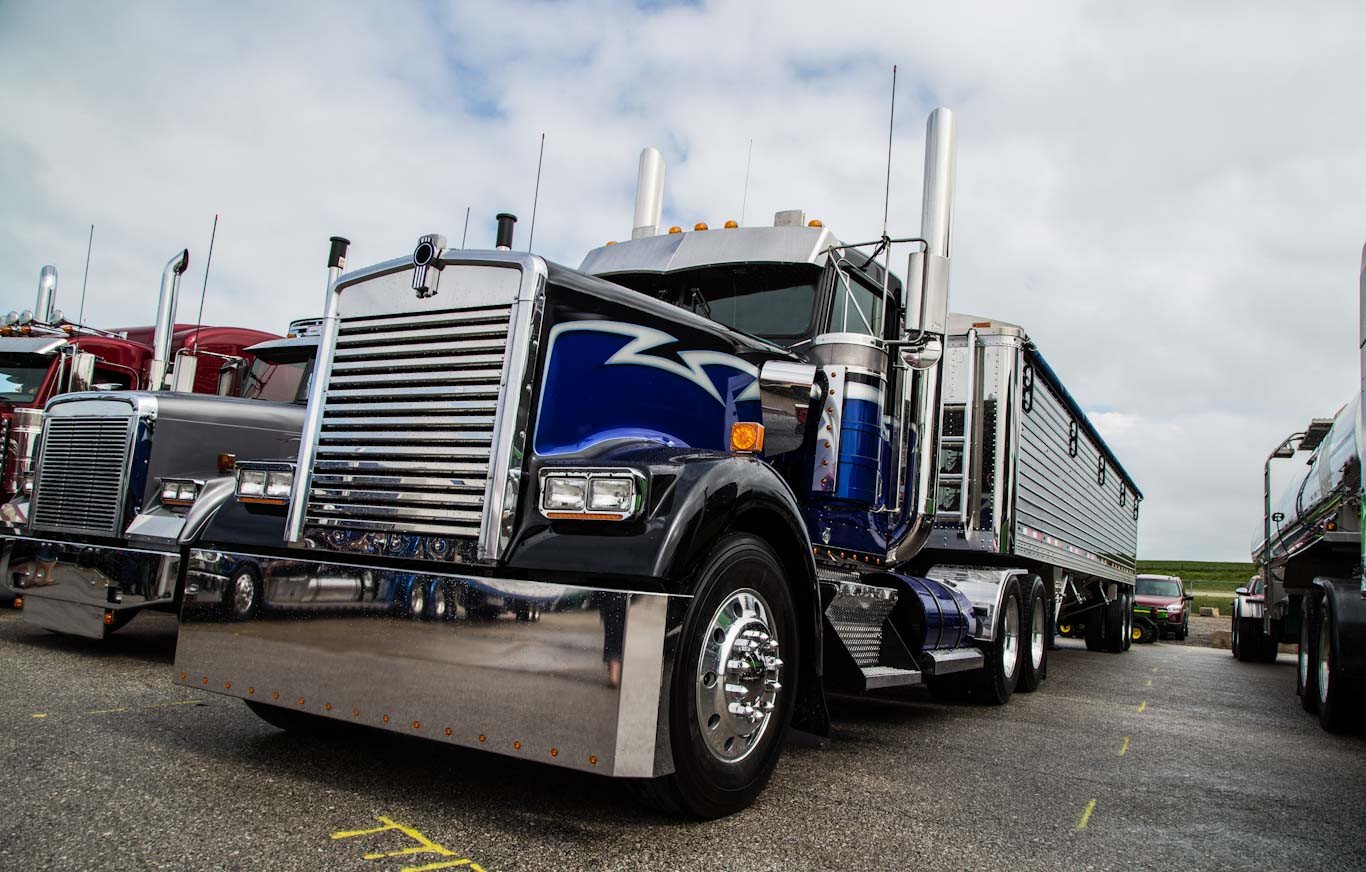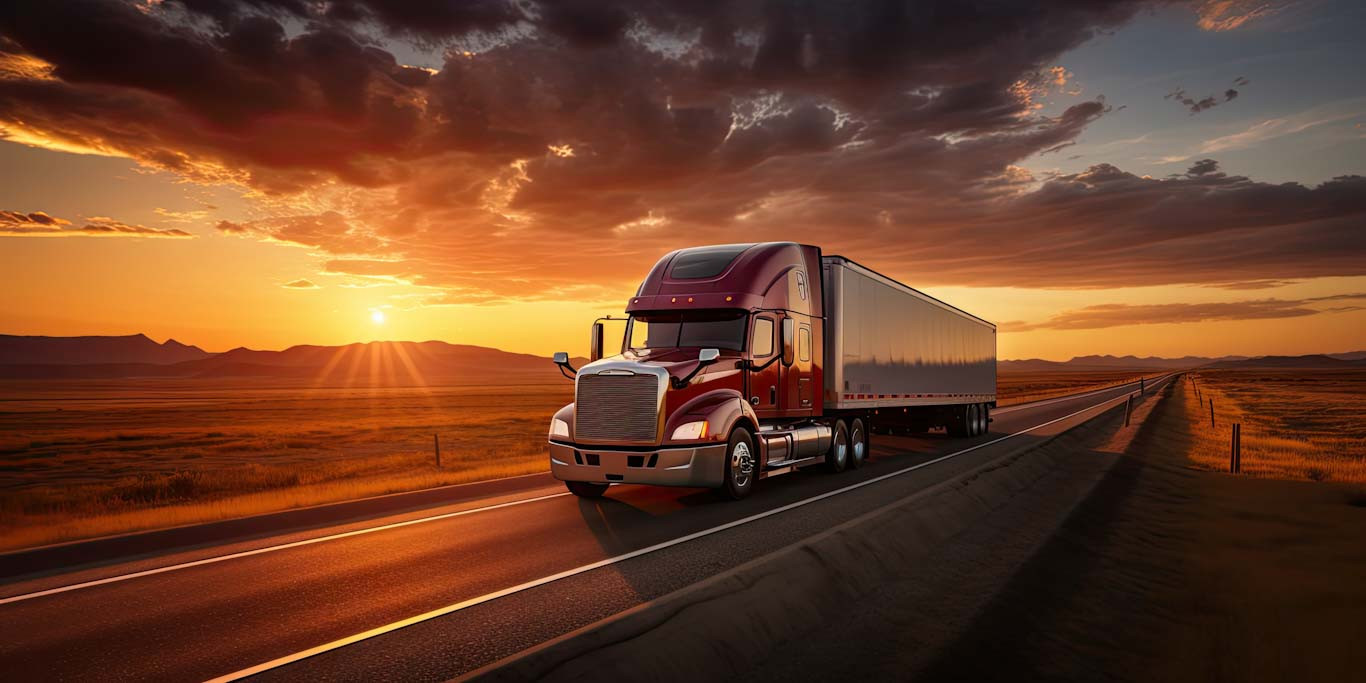New Tech and Its Impact on Long Haul Trucking
Feb 02, 2017 in Technology, Tips and TricksLong haul owner operators need to ensure that they know what’s coming down the pike in terms of technology and how it will affect them for good or bad. There’s a lot of new trucking tech out there, and some of it will have a positive impact on truck drivers, while other tech might not be so promising. What should you know about emerging technology as a driver?
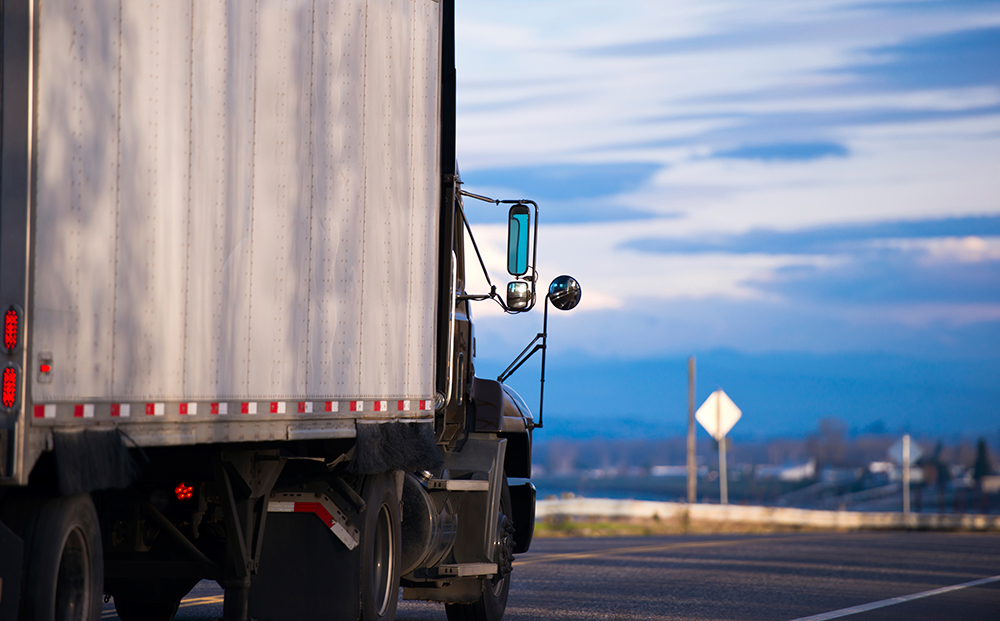
Photo: iStock
New Options in Tires
Your tires are the only things standing between your truck and trailer, and the road. They’re an essential component in you being able to deliver cargo from one point to another. However, they’re also a source of hidden costs. For instance, up to 13% of your truck’s energy use is actually due to the type of tires installed. There are new options on the market that can help reduce energy use, provide better fuel economy, and even last longer.
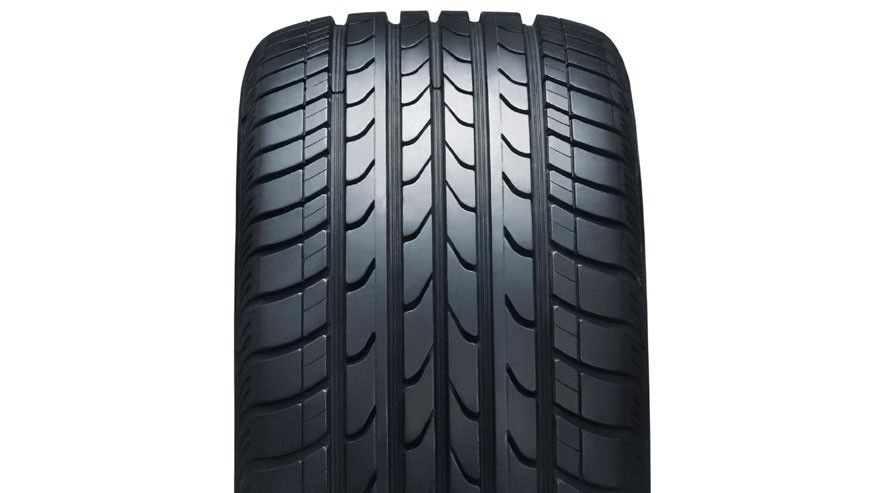
Photo: iStock
One option that you might have heard of is single wide tires. Essentially, this is one tire that’s as wide as the conventional dual setup most trucks have on their drive axles. Single wide tires offer better performance than traditional dual tire combinations, and they’re half the weight. This weight reduction is really the reason they’re becoming more popular today. The lighter your tires, the less fuel is used to turn them. It also saves time (and money) when replacing tires, as you only need to replace one rather than two.

Photo: Bobtail Insure
Low rolling resistance tires are also becoming more popular. These take the form of the conventional pair of tires on the drive axle, but they are specially designed to have much lower resistance to rolling. This allows them to offer up to 5% better fuel economy. They are also used on the other two axle positions: trailer and steer. As a note, single wide tires can offer up to 7% better fuel economy. Either way, it amounts to thousands of dollars in savings over the course of a year.
Tech Helps You Find a Parking Spot
As any long haul truck driver knows, finding a parking spot in which to bed down can be a huge challenge. Sure, there are plenty of truck stops out there, with acres of concrete, but there are actually fewer parking spaces than there are trucks on the road. The DoT actually found that 75% of truck drivers reported having significant problems finding a parking space. Instead, they parked on off ramps and shoulders, and some just kept on driving, which is never a good thing as it results in driving while fatigued.

Photo: Getty Images
There’s new technology coming to market that will help truck drivers find a place to park for the night. Right now, it’s only in limited test markets, but it’s hoped that it will eventually rollout nationwide. Essentially, the system relies on a series of cameras installed at area truck stops and other parking areas that accept big rigs. The feeds from those cameras are combined with image recognition software to provide access to real-time data about open spots for truckers. Of course, you’ll need a compatible receiver to get the feed, but once it rolls out, it could help end the problem of finding a place to park your truck. A variation on this system actually displays the information for all drivers on roadside signs and rest stop signage.
Collision Avoidance Systems
Collision avoidance systems have been available for quite a few years on passenger vehicles, and they’ve been able to significantly reduce the number of accidents experienced for drivers. Now, these systems might be coming to the world of long haul trucking. The National Highway Traffic Safety Administration (NHTSA) conducted a wide-ranging test with 150 different trucks outfitted with this technology, with over 100 different drivers. The drivers logged over 3 million miles during the testing, and not a single preventable collision occurred.
The system works in several ways. First, it monitors the area around the truck for potential problems. It then notifies the driver of the situation. In some instances, it can apply emergency brakes to prevent collisions.
With that being said, the system did have some false alarms and while those didn’t cause any problems, they could be a source of frustration for drivers. Further testing and development are needed to improve the system to the point that it can be rolled out on a wider basis. It should be noted that this system is actually an enhancement to one already on the market (OnGuard), which has enabled a reduction of almost 90% in rear end crashes for truck drivers, althought, there is a controversy of how efficient it actually is.
In the same vein, there are driver alerts systems coming to the market, or already available that are designed to help combat fatigue. The Co-Pilot system is one such option, and uses a combination of 13 different sensors to detect a decrease in driver activity. If a decrease is noticed, the system verbally alerts the driver.
Electric Trucks
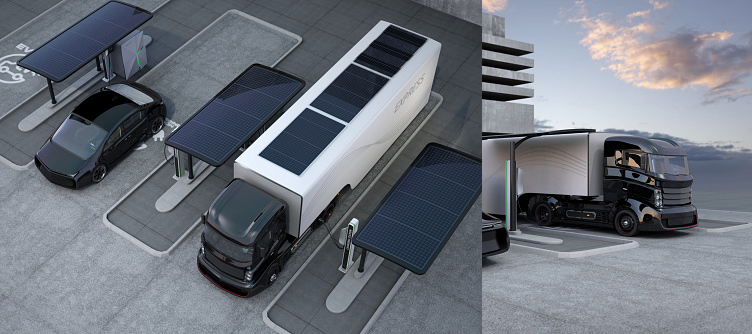
Photo: iStock/Bobtail Insure
Ok, so this one is more than a little way away, but it’s coming. Electric vehicles have become much more common, and their performance issues have been largely resolved. Now, the minds that brought us things like Tesla are turning to the trucking industry. Yes, electric trucks are coming. One such solution is called Route, and it was designed and developed by Tesla’s cofounder. It’s set to enter production sometime in 2016, and will provide “a range-extended electric powertrain” for big rigs. Right now, Route is more concerned with garbage trucks and delivery vehicles, but eventually something for long haul trucking will make it to the scene. There’s already one company, Nikola Motors, which supposedly has such a powertrain in development, although it’s far from complete.
These are just a few of the ways that technology is set to change the world of long haul trucking in the not so distant future.

